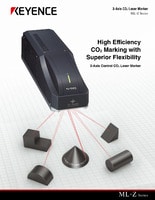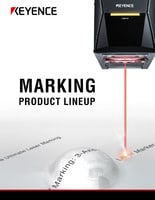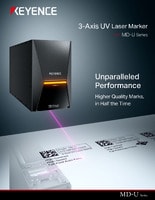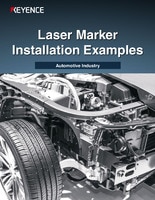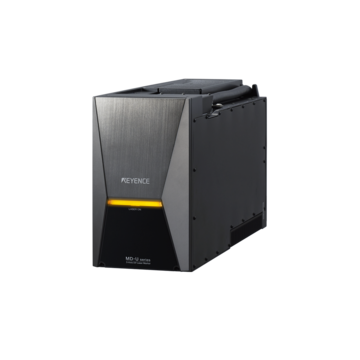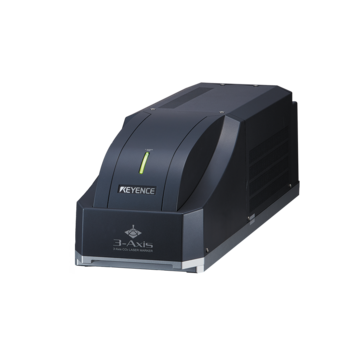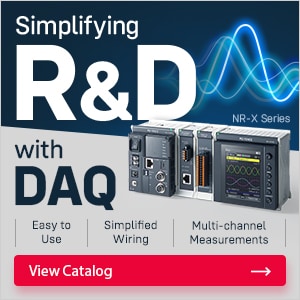Industrial Laser Marking Systems / Laser Markers
2 Best Laser Etching Machines for Glass
-
Tags:
- Laser Marking , Glass , Automotive
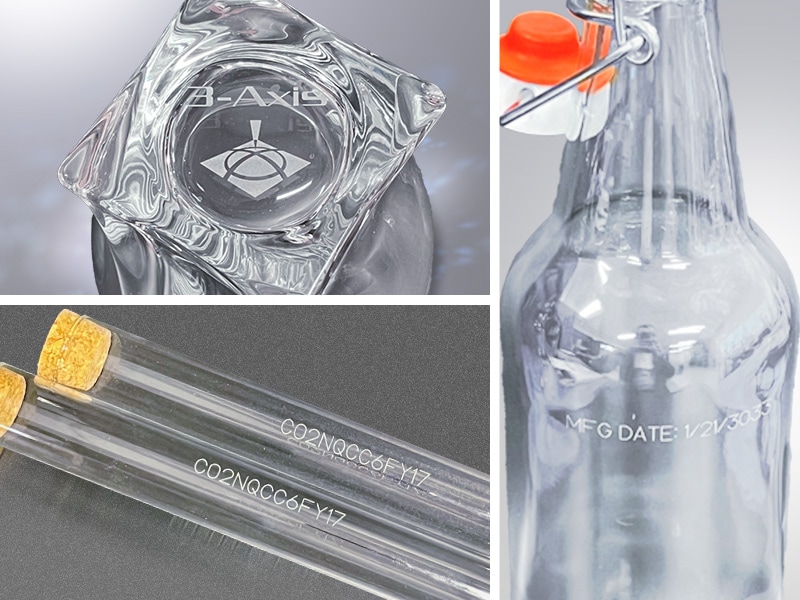
Considering the many applications and techniques associated with laser etching glass, you want to make sure you have the right equipment for the job. Modern laser etching technology has come a long way, providing more simplified and even automated features for operators.
This precision, efficiency, and quality laser etching can offer numerous benefits to production, with several popular marking systems to choose from. Getting the most out of etching glass starts with understanding the machines that can help meet your specific needs.
Any quick online search is guaranteed to generate an overwhelming list of results, but we can help narrow your focus to the only solutions that matter. In this article, we’ll cover the differences between glass etching machines and how to choose the best etching laser equipment.
Overview of Laser Engraving on Glass
Although the engraving process is widely used across many material types and industries, glass can be a sensitive material to work with. Many aspects of traditional engraving require physical force to mark materials, which can be somewhat of a hurdle when it comes to this fragile material.
Comparing the basics of technique in laser etching vs laser engraving vs laser marking can help you understand these nuances. Laser glass etching machines are great for decorative and precise markings, while laser engraving glass creates deeper, durable marks.
For those who are new to this type of laser technology, you may be surprised at the depth and quality of marks they can generate. Keep in mind this is also executed with a non-contact process, which helps prevent damage to fragile materials. Thanks to the versatility and ease of integrating laser technology, glass laser etching applications can be seen across several industries.
We’re here to provide you with more details.
Reach out today!

Common Applications of Laser Engraving on Glass
Manufacturers commonly use glass due to its unique combination of properties. It is durable, transparent, and versatile, and because of these and other reasons, the number of applications is extensive.
Here’s a look at a few applications that are commonly found with laser etching glass:
- Electronics manufacturers laser mark glass components like screens and lenses
- Automotive industry professionals mark automotive glass, like windshields, with VINs and identification marks
- Medical device manufacturers mark devices and instruments made of glass with serial numbers, calibration marks, and branding.
The variation of laser marking systems makes laser etching on glass a viable option. You don’t have to worry about breakage, human error, or uprooting your existing processes. Not only is a laser etching machine for glass optimal for today's manufacturing standards, but it also promises durability and quality to meet manufacturers' demands. Regulators are a part of this equation as well, as being able to adapt to shifting laws in compliance requires technology that allows you to do so.
Advancements in laser etching glass have opened doors to a wider range of applications and even more robust capabilities. However, selecting the right machine can be confusing. Different laser heads offer distinct capabilities.
Choosing the Right Laser Glass Etching Machine
First, consider the type of glass and thickness of the material you are working with. You will also want to consider your desired outcome and overall budget and speed requirements.
When you better understand how various laser etching machines operate, correlating your specific needs to the right design will become a bit easier. With that said, here are the two best machines for laser etching glass components and parts:
CO2 Laser (ML-Z Series)
CO2 lasers are suitable for a wider range of glass thicknesses and can produce both delicate markings and deeper engravings. They may be better suited for etching soft glasses or creating a polished look. Lasers like the ML-Z Series are also great for white marking, a common method for adding logos, pictures, or text onto glassware. The white appearance is created by generating microfractures on the glass surface.
These machines are known for their environmentally friendly approach, as well as their need for minimal maintenance and relatively low cost. Although they may require careful handling, they can offer impressive results with different glass shapes without the need for a rotary attachment.
UV Laser (MD-U Series)
Easily one of the most versatile options on the market, UV laser markers are popular due to their adaptability to any type of glass. This includes no issues with breakage, in addition to long-lasting, physically and visually durable laser etching.
UV lasers, like the MD-U Series, are great for transparent markings, which adds texture to glass. The lasers gently melt the surface of quartz glass but do so slowly at high power to avoid cracks. However, UV laser etching machines may come with a higher price point.
These two machines are being used by manufacturers worldwide and for great reason. They have proven to perform well with glass and other materials when needed. Overall, the main focus should be on selecting the glass etching machine that best aligns with your current and future production needs. Regardless if you are laser engraving on plastic sheets, glass, or other materials, KEYENCE can assist.
KEYENCE Laser Etching Machines for Glass
Laser etching glass can be a challenge, but having the right equipment and support will help improve your operations. While this article provided a general overview of the best laser machines for glass etching, your project might raise more questions.
KEYENCE offers a range of high-performance machines for your laser etching glass needs, and our team is ready to assist.
Contact us today with any questions to speak to a specialist or schedule a demo.
Get detailed information on our products by downloading our catalog.
View Catalog